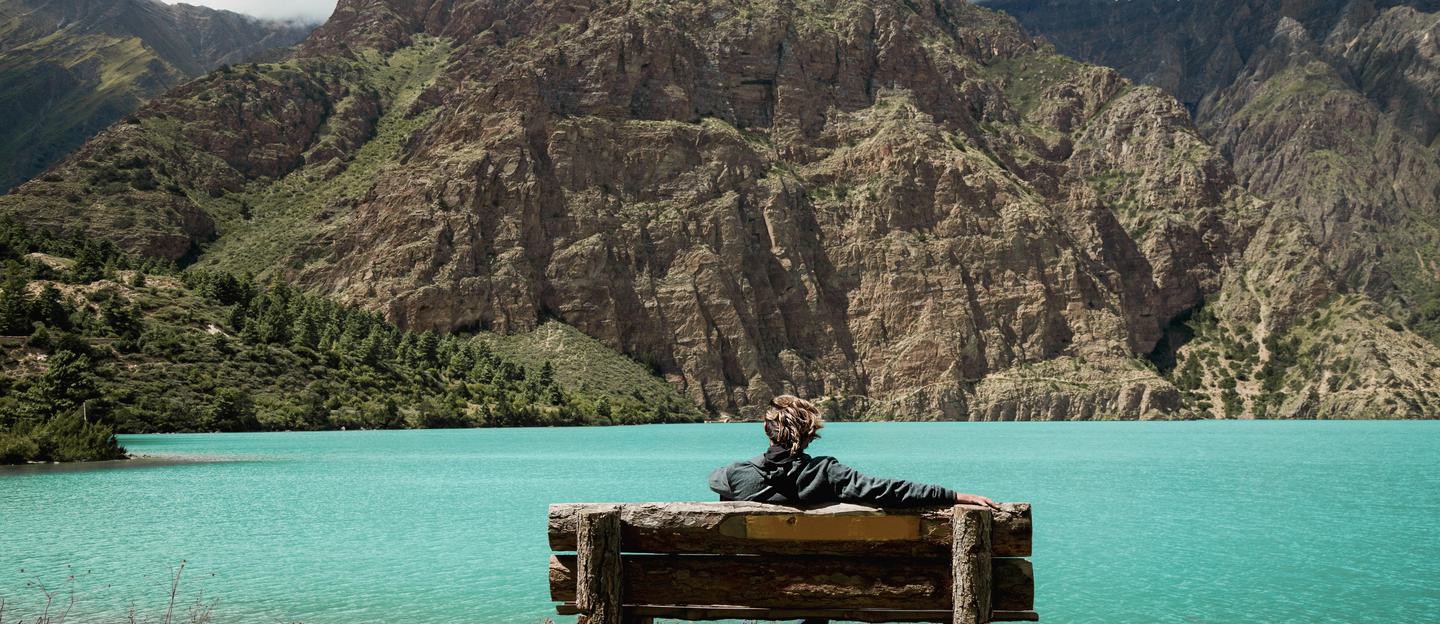Mirjam Peternek McCartney, Founder and CEO of Lemongrass Marketing, weighs in with this blog originally produced as a guest post for our friends Weeva.
In the 25 years that I’ve worked in travel PR – the last 17 running my agency, Lemongrass Marketing – I have often found myself pondering the role of PR and marketing in today’s world. For example, can we, as marketers, use our skills to contribute to the greater good, or are we inadvertently fuelling overconsumption and materialism?
You see, marketing leaves more than just a carbon footprint from the trips we sell. It also leaves a ‘brainprint’.
What do I mean by that?
Marketers are architects of desire. We make people want things. Those desires get imprinted on our brains—leaving a brainprint.
Mirjam Peternek McCartney - Founder and CEO, Lemongrass Marketing
This is where we have a choice. As an industry, do we make people want things and experiences that contribute to overconsumption, or do we choose a better path? A path that encourages travellers to connect with nature, with other cultures, and contributes to the wellbeing of travellers, destinations, and local communities.
Here are a few examples
Flip the script on luxury
Travel marketing campaigns often encourage luxury, excess and indulgence through lavish experiences. But what if we flipped the script? Rather than spotlighting a destination’s “best shopping” or its “top 10 must-see experiences”, we can shift our focus to simpler, nature-based activities, encourage visiting lesser-known areas off the beaten track, or promote activities like learning a local craft. Think hike, not jeep safari. Think beekeeping, not shopping trip. Think street art tour in Lisbon’s Parc of Nations, not just the historic centre.
Consumers continue to seek out influencers who keep it real
When we work with influencers to promote our travel brands, do we partner with those whose feeds are full of monogrammed Dior bags on hotel beds (the brainprint: “You can only be cool enough to go to this hotel if you’ve got the latest accessory – go and buy it”), or should we actively seek out influencers who are engaged with local communities and promote nature-based activities? What if we made it cool to be sustainable – without having to consume?
The danger of a single voice
Likewise, who we give a voice to matters. It’s an unfortunate truth that most high-profile journalists and content creators come from white, privileged backgrounds. This means that most stories are told from the same point of view – and everything becomes one-dimensional. But we as travel brands can make the effort to support more press trips for writers from diverse backgrounds. The result would be far more interesting and authentic stories that encourage readers to look at travel from a different point of view. It would also tell young people from a whole range of backgrounds that there’s a future out there for them – that they can contribute. There’s hope.
How to transform negative brainprints into positive ones
Today, our younger generations are grappling with the negative impacts of social media, which often portrays a superficial, unattainable dream life. Constant comparisons lead to feelings of inadequacy, low self-esteem, and even depression. Many individuals feel that they will never measure up to these unrealistic standards.
We have the opportunity to transform the negative brainprint into a positive one.
Our focus must shift towards meeting fundamental needs, solving challenges, and fostering innovation while creating value to serve society. Travel brands that embrace sustainable development goals in their core purpose create a new kind of brainprint – a brand narrative that genuinely engages people like never before.
As an industry, we must recognise the immense power we hold as marketers. We can either perpetuate the cycle of overconsumption and materialism, or we can become agents of positive change. By reshaping our marketing and PR strategies, focusing on sustainable growth, aligned with societal needs, we have the potential to create a better, more resilient, and sustainable future for everyone.

